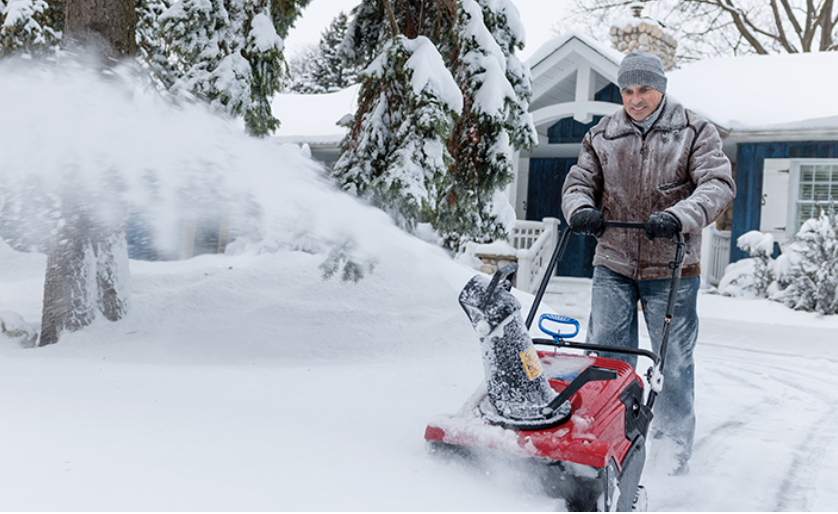Airbnb vs. Long-Term Rentals
What Windsor Investors Need to Know in 2025
In 2025, Windsor’s real estate market continues to offer exciting opportunities for investors ; but choosing how to rent your property is just as important as choosing where to buy. Should you furnish your unit and list it on Airbnb? Or lease it to long term tenants and collect steady monthly income?
At Richmond Property Management, we have worked with investors across both models and we’ve seen the benefits and risks of each. Let’s break it down.

Profit: Flashy Returns vs. Reliable Income
Airbnb can bring in high nightly rates, especially during festivals, university events, or border weekends. But those highs are balanced by lows; vacancy days, off-season dips, and constant re-booking.
Long term rentals offer consistency. Month after month, the income is predictable. Even at a slightly lower rate, long-term rental ROI can be higher over time due to reduced vacancy and fewer surprise costs.
Example: A 2-bed unit near the university may earn $120/night short-term; but 10 empty days a month add up fast. The same unit leased at $1,800/month may end up ahead by year’s end.

Workload: Passive vs. Nonstop Hosting
Short-term rentals require:
Constant communication
Guest turnover
Cleanings, staging, and restocking
Active reviews and booking management
It’s a part-time job, even with automation tools; and if you’re doing it remotely or part-time, the learning curve (and guest expectations) can be steep.
Long-term rentals, especially with professional property management, allow owners to stay hands-off. Tenants stay longer, pay monthly, and service calls are handled by the management team.
Low-touch investment = long term rentals with the right partner.

Air BNB Laws in Windsor, ON
You Can Only Rent Short-Term From Your Primary Residence
Windsor’s short-term rental licensing bylaw (By-law 115-2022) is clear:
STRs are only permitted in your principal residence.
You must live in the home permanently and provide proof (e.g. driver’s license, utility bills) when applying for a license.
Non-hosted rentals in residential zones are banned — meaning if you don’t live on-site, you cannot legally list your unit.
When hosting rentals, you must:
Obtain a valid short-term rental license.
Pass safety checks (smoke alarms, fire extinguishers, etc.).
Pay annual licensing fees and renewals.


Hidden Costs: More Than Meets the Eye
Short-term rentals come with ongoing expenses, such as:
Furnishing and décor
Utilities
Higher insurance premiums
Frequent maintenance
Cleaning between guests
Over a year, these add up quickly and eat into profits.
Long term rentals, by contrast, require far less turnover. Tenants often pay their own utilities, and the wear and tear is lower due to consistent occupancy and fewer move-ins/outs.
The 2025 Trend: Back to Long-Term Stability
In the early 2020s, Airbnb seemed like the golden ticket. But as competition increases, municipalities tighten regulations, and guest expectations rise, many investors are shifting back to long-term rentals for simplicity, legality, and peace of mind.
In Windsor, demand for long-term housing continues to rise ; driven by students, young professionals, and cross-border commuters. Now is a great time to capitalize on that demand.
If you enjoy hosting, have the time to manage bookings, and live in the home you’re renting, Airbnb may work for you. But for most Windsor investors, long term rentals are the smarter, legal, and more stable path forward.
At Richmond Property Management, we help Windsor investors:
Price their properties properly
Place high-quality tenants
Handle maintenance, rent collection, and inspections
Maximize long-term ROI — while staying fully compliant with local laws
Let Richmond Property Management take care of your long-term rental from day one.
Visit richmondpm.ca or email info@richmondpm.ca to get started.




